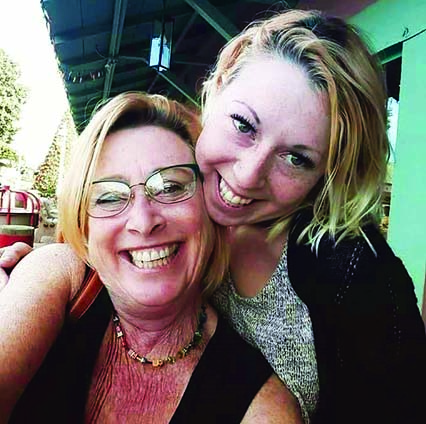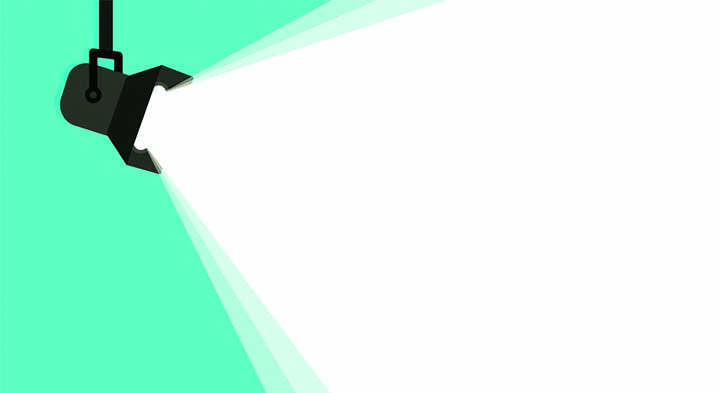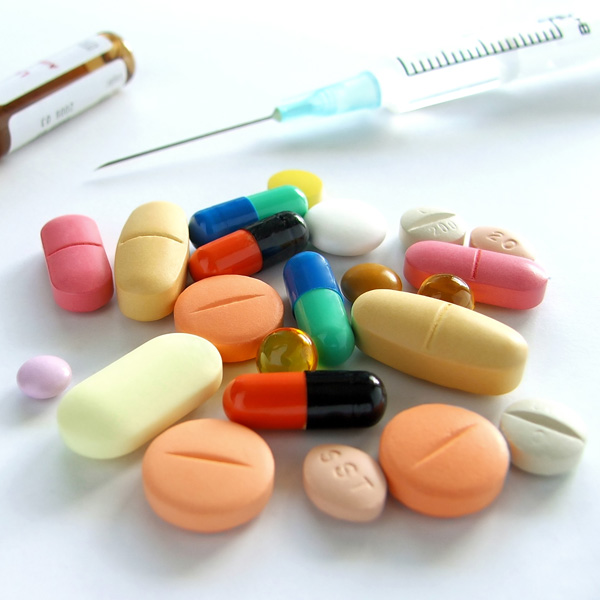Heroin and other opioids are ravaging communities across America. Heroin-related deaths increased by more than five times between 2010 and 2017, and drug deaths from fentanyl and other synthetic opioids...
Heroin and other opioids are ravaging communities across America. Heroin-related deaths increased by more than five times between 2010 and 2017, and drug deaths from fentanyl and other synthetic opioids are seeing a sharp rise as well. The time to take action against the epidemic is now.
Take steps to protect your family and community.
Talk with Your Kids
Make sure the teens and young adults in your life understand the dangers of medicine abuse, and the risks of opioid addiction. Get tips on how to talk about it.
Get Help for a Loved One
Is your child struggling with prescription pain pills or other opioids? From finding treatment to being prepared with Naloxone, start getting the support and help you need to better help your child.
Safeguard Your Home
Keeping medications secure, and properly disposing what goes unused are keys to preventing the type of medicine abuse that can lead to opioid addiction.
Protect Your Family from the Opioid Epidemic
With opioids like heroin and prescription pain pills ravaging our communities, take steps to protect your family and loved ones.
Safeguard & Dispose of Your Medications
Step 1: Monitor: How aware are you of the quantities of prescription medication that are currently in your home? Would you know if some of your pills were missing? From this day forward, make sure you can honestly answer yes.
Start by taking note of how many pills are in each of your prescription bottles or pill packets, and keep track of refills. This goes for your own medicine, as well as for your kids and other members of the household. If you find you need to refill your medicine more often than expected, that could indicate a problem.
If your child has been prescribed a medicine, be sure you control the medicine, and monitor dosages and refills. You need to be especially vigilant with medicines that are known to be addictive and commonly abused by teens, such as opioids, benzodiazepines and stimulants. Make sure your friends, parents of your child’s friends, neighbors and relatives — especially grandparents — are also aware of the risks. Encourage them to regularly monitor their own medicines in their own homes.
Step 2: Secure
Approach securing your prescriptions the same way you would other valuables in your home, like jewelry or cash. There’s no shame in helping protect those items, and the same holds true for your medicine. Take prescription medicine out of the medicine cabinet and secure them in a place only you know about. If possible, keep all medicines, both prescription and over-the-counter, in a safe place, such as a locked cabinet your teen cannot access.
Step 3: Dispose
Safely disposing of expired or unused medicine is a critical step in helping to protect your kids, your family and home, and decrease the opportunity for your kids or their friends to abuse your medicine.
The ideal way to do this is by participating in a safe drug disposal program — either a drug take-back day, an ongoing program in your community, a drug deactivation bag, or a drug mail-back program. To find a take-back location or event near you, visit the American Medicine Chest Challenge (www.americanmedicinechest.com) or the DEA website. (www.dea.gov/take-back/takeback-news.shtml)

































